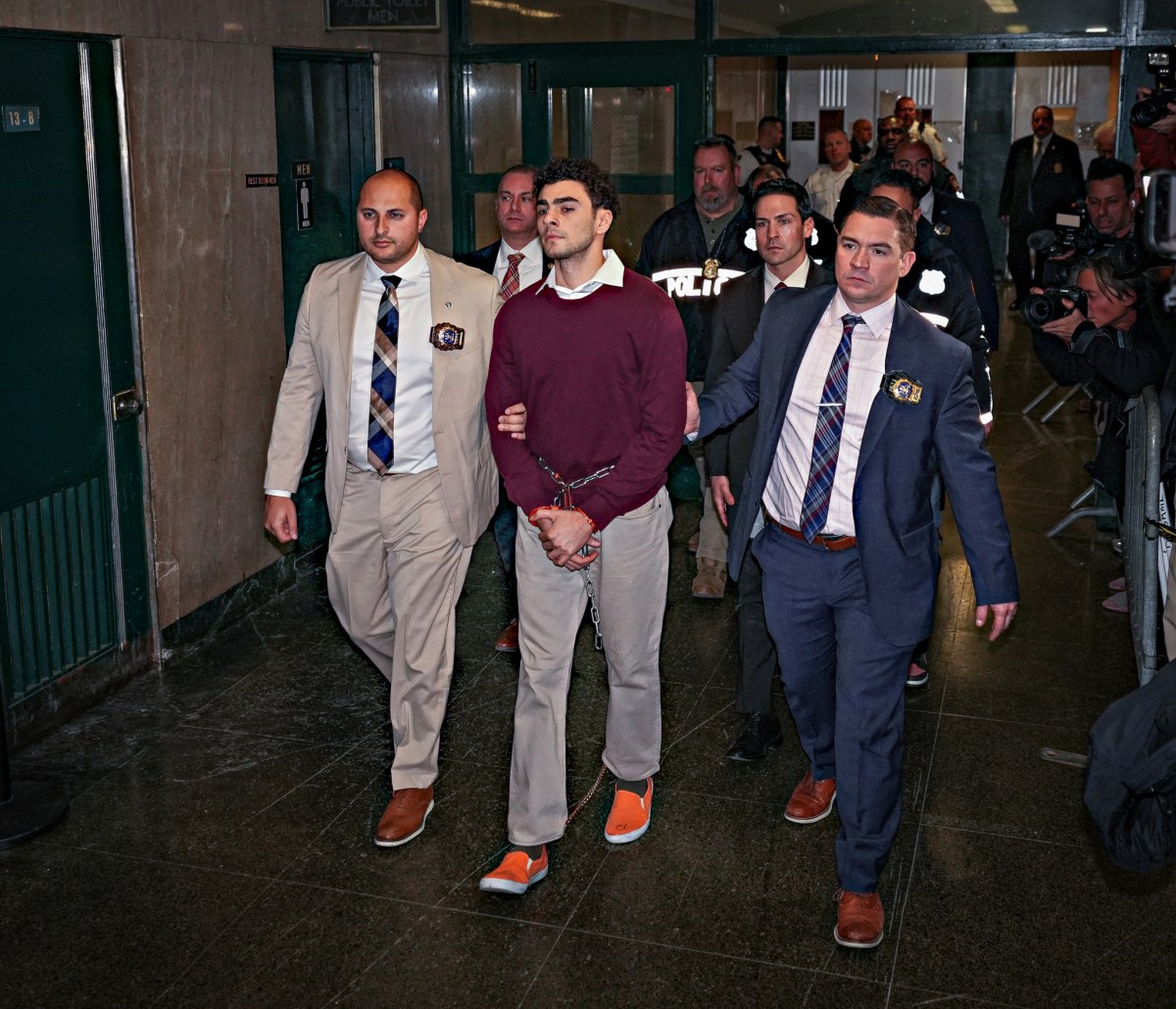LONDON (Reuters) – Wizz Air <WIZZ.L> needs more details on British plans to quarantine travellers before it can assess their impact after seeing strong demand for the routes it has started operating during the coronavirus crisis, its chief executive told Reuters.
Jozsef Varadi, the chief executive of budget Hungarian carrier Wizz, said on Monday that one option to lower the impact of any quarantine would be to make exemptions for those travellers who had recently tested negative for the virus.
Britain announced the new travel restriction on Sunday, saying it would bring in a 14-day quarantine requirement on most people arriving into the country by air. It said more details including the timing of the programme would come shortly.
British Airways owner IAG <ICAG.L> and the UK’s biggest airport Heathrow said the new rule would stop a recovery in air travel, inflicting further damage on a sector already struggling since the pandemic grounded most planes in March.
Wizz, which pre-crisis was a fast-growing carrier expanding into western Europe from its main hubs in eastern Europe, became one of the first European airlines to restart commercial routes earlier in May, and said demand so far was strong.
The new UK quarantine rule needn’t be the death knell for a recovery, Varadi said.
“We need to understand what it means and what waivers or exemptions will be permitted, we don’t know yet,” he said in an online interview.
It would be logical for Britain to allow exemptions to the rule if passengers had had a verified negative test for coronavirus in the days prior to travelling, he said, as happens in other countries where Wizz flies which have quarantine rules, such as Bulgaria, Romania, Austria and Hungary.
Wizz was seeing load factors of between 70-75% on the flights to destinations in Hungary, Romania and elsewhere which it started from London Luton on May 1, and people will return to the skies as soon as restrictions ease, he forecast.
“Should the world be free for people to move, I think we would see many more people travelling,” he said.
Wizz made the wearing of face masks mandatory onboard when it restarted flights and Varadi said he supports temperature checks at departure airports, as well as the wearing of masks within airports, to help kick-start international travel.
The travel slump caused by the pandemic has forced many airlines to announce plans to shrink their fleets and lay off staff, and Wizz has likewise been affected, saying in April it would look to shed 1,000 jobs, or 19% of its workforce.
But the market has not punished Wizz’s shares as hard as other airlines during the crisis. Its stock has lost 38% over the last three months, against the region’s biggest budget airline Ryanair <RYA.I>, down 44%, and no.2 operator easyJet <EZJ.L>, which is 68% lower.
Varadi said the downturn was providing opportunities for Wizz, whose ticket prices are amongst the lowest in Europe.
Wizz’s low fares will help attract more customers in a recessionary environment, he said, helping it grow and enabling it to negotiate cheaper fees from airports.
When asked if he was confident in getting lower fees, he said: “Oh, yes. This is the time.”
“In essence we are in discussion with every single airport we operate from,” he said. “A lot of empty capacity is out there, I think airports will be desperate (to fill) that capacity.”
Wizz, which has a fleet of about 120 planes, is also looking to expand at London’s Gatwick Airport, Britain’s no.2 hub, which has seen some of its airlines withdraw.
Varadi said Wizz was in talks with Gatwick about adding slots.
“We need to see what becomes available and what we can take,” he said.
(Reporting by Sarah Young; Editing by Kate Holton and Jan Harvey)


























